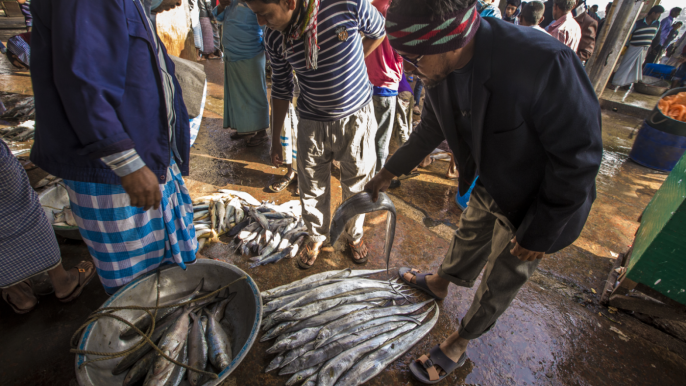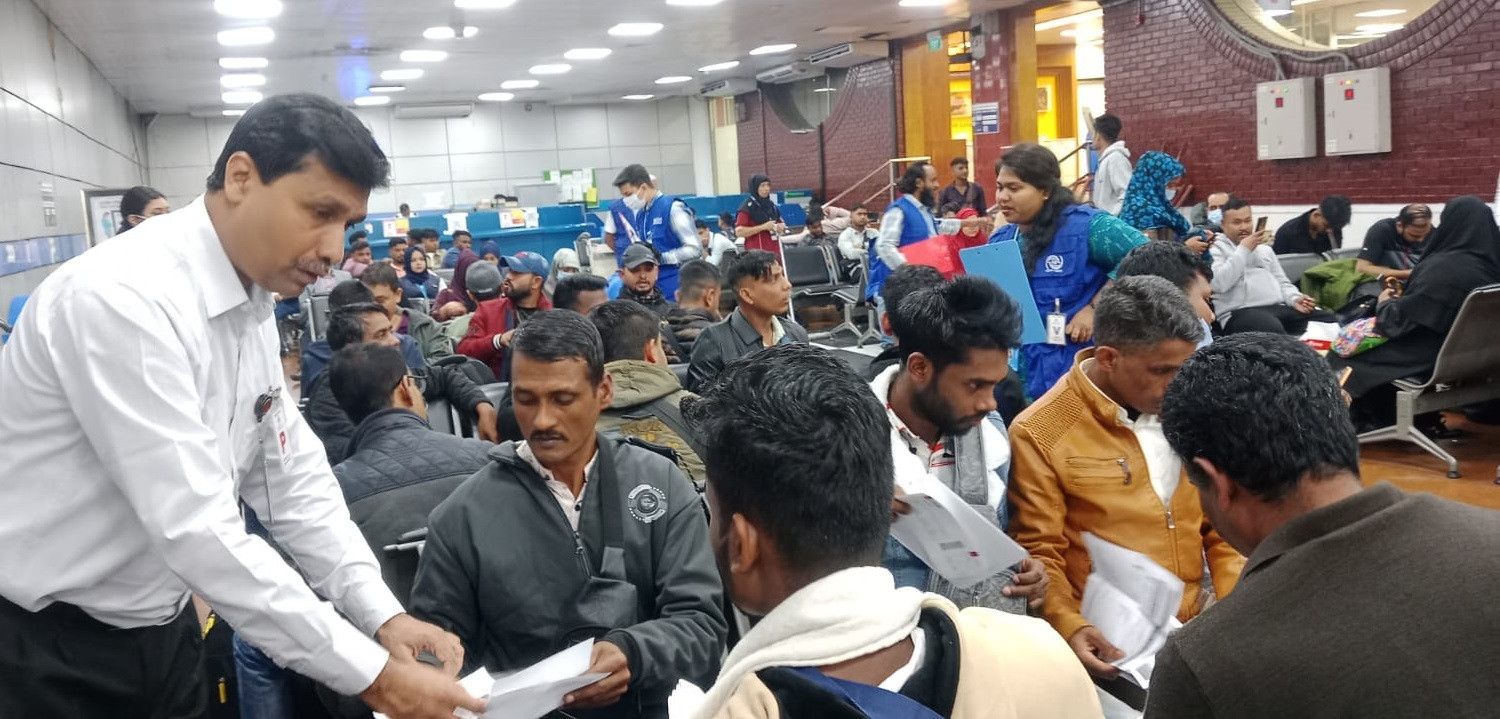The coastal districts of Bangladesh boast a rich history of trading dry fishes or shutki from time immemorial. Thanks to the Bay of Bengal, Bangladeshi fishermen catch hundreds of tons of saltwater fish.
Not all of those could be sold in a day or two. Thus, the local fishermen developed methods of drying out fish and eventually selling them off.
Considered to be a delicacy, dry fish have made their way to the plates of foodies; enchanting their taste buds, mitigating their demand for protein and adding money to the national earning through being exported.
The basic idea behind processing raw fish to dry ones is simple: sundry the fish so that the water content from the flesh evaporates leaving the muscle enzyme in an inactive phase, which could otherwise prompt rotting.
The problem of traditional drying methods is the chance of infestation by insects and other microorganisms. To prevent that from happening, fishermen used to spray harmful chemicals.
However, thanks to modernization, those practices have reduced significantly. Thanks to the initiatives taken by both public and private bodies, fishermen are now aware of the techniques to dry fish in a healthy way.
Earlier they used to stack up the fishes on the wooden smears. Nowadays mechanical fish dryers are being used for the same purpose. More than 20 fishermen are trained to dry fish with a mechanical dryer.
Thanks to the Coast Foundation, they have also learned about organic ways of processing dry fish. Dipping the fish into a solution of ground dried chilis and turmeric is one of the best methods, before drying it.
Winter is the best time for dry fish business. Due to the lack of moisture in the air, it's easy to dry fish on the sea beaches: one just needs to hang them from a stack. Among all the districts, Cox's Bazar is considered to be the leading hub when it comes to dry fish processing Najirartek, an area in Cox's Bazar has a shanty consisting of only fishermen families who earn their livelihoods by processing and selling dried fish.
What started as a small endeavor by some local fishermen, many of whom were migrants from other coastal districts, has turned into a burgeoning trade center of dried fish today. Directly around 25 thousand people are associated with this business and indirectly, some 50 thousand more are dependent for their livelihoods on dried fish.
There are around 40 different types of fish which are very popular among the traders and buyers. Among those Loitya, Chhuri, Chanda, Poka, Koral, Maitya, Poa, Laikhya, small and big Shrimp, Chapa Hari, Soma-matya are mostly sold.
Around 20% of the fish processed at Najirartek are sold locally; the remaining 80% are sent to wholesale markets in Chattogram. To add more dynamism in the dry fish business, the government should raise awareness about organic processing and solve the issues pertaining to land acquisition by the fishermen. With such stimuli, the dry fish business will receive the much-needed impetus.













